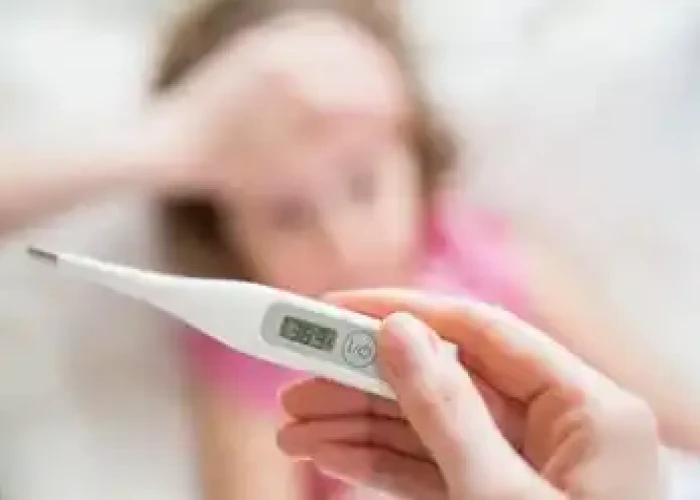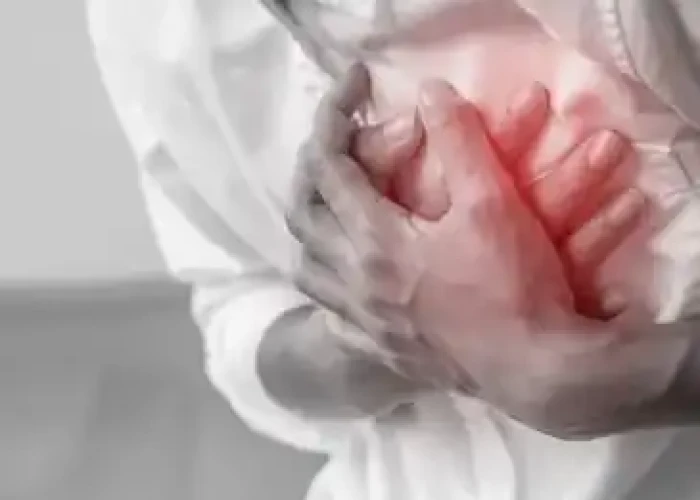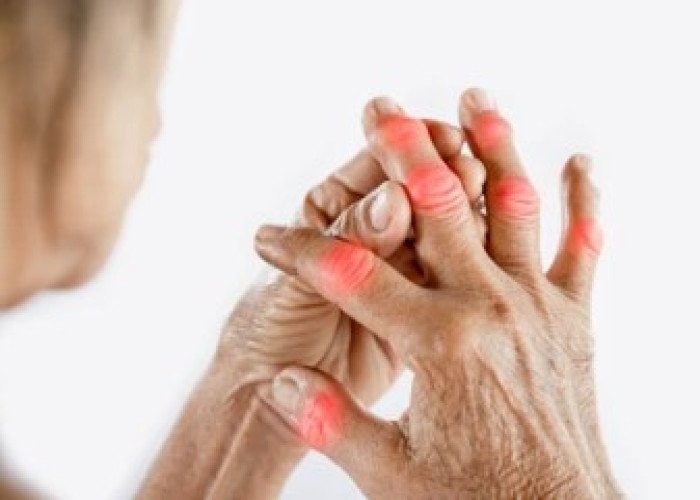 Welcome
Welcome
“May all be happy, may all be healed, may all be at peace and may no one ever suffer."
Muscle spasms - Yoga remedies
Muscle spasms are sudden, involuntary contractions of one or more muscles. They can occur in any part of the body, but are most commonly felt in the back, neck, legs, and feet.
Muscle spasms can be caused by a variety of factors, including dehydration, overuse or strain of muscles, electrolyte imbalances, nerve disorders, or certain medications.
Treatment for muscle spasms typically involves resting the affected muscle, applying heat or ice, stretching or massaging the muscle, or taking over-the-counter pain relievers. In some cases, prescription muscle relaxants may be necessary to manage severe or chronic muscle spasms.
Preventing muscle spasms involves maintaining good muscle health, such as staying hydrated, stretching regularly, and avoiding overuse or strain of muscles. If you are experiencing frequent or severe muscle spasms, it is important to see a healthcare provider for an accurate diagnosis and appropriate treatment. They may recommend lifestyle changes or additional therapies to help manage your symptoms and improve your quality of life.

Fever

Heart is weak

Arthritis in hand

Nervousness

Dreamer

Hysteria (Fainting)

Sick

Pneumonia
Muscle spasms, মাংসপেশীর খিচুনী
To be happy, beautiful, healthy, wealthy, hale and long-lived stay with DM3S.
